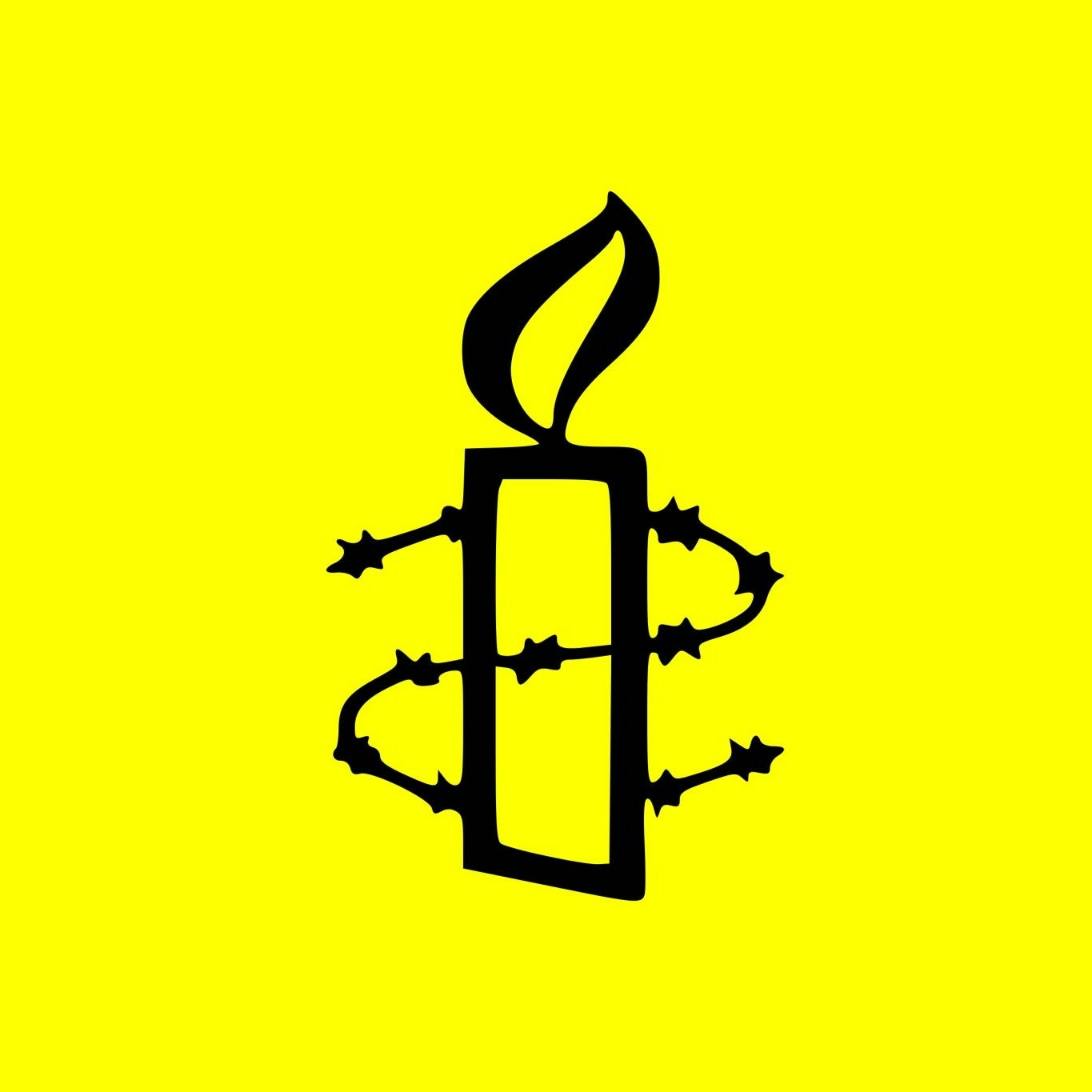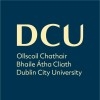Experience
Programmes Manager
Enactus Ireland · Full-time

I provided comprehensive support to Enactus students throughout their social entrepreneurial journey through guidance and mentorship while managing key relationships with HEI partners and faculty advisors to support teams and strengthen the network.
Digital Communications Consultant
Michelle Rankin Marketing.ie · Freelance

I provided 15 clients with tailored digital campaigns including strategy, digital design, social media management and online paid adverts while travelling in South America for one year.
Engagement Coordinator
STAND.ie · Full-time

STAND News
I led the STAND News programme which publishes youth-led stories on global justice issues with a team of 40+ volunteers and interns.
Campaign Coordination
I led on the development and delivery of joint advocacy campaigns and events on global justice issues with partner organisations. I built the 10000students.ie platform and managed its campaigns to encourage young people to learn and take action for a better world.
Student Engagement
I facilitated tailored workshops to Student Unions and student groups across Ireland on topics relating to sustainable development. I led on the STAND Societies programme on university campuses across Ireland and the development of new student groups.
Other
I managed the engagement budget, monitored progress towards key targets and prepared programme reports.
Youth Officer
Amnesty International Ireland · Internship

In this role I worked as part of Amnesty Ireland's Campaigns team, particularly with building and maintaining relationships with youth activists. I developed training materials for volunteers including writing and publishing an extensive activism pack aimed to empower youth activists with the tools to get started. I was involved in the organisation and facilitation of workshop and training days for activists and planning the logistics of many other events including campaign action flash-mobs, conferences and co-ordinating volunteer activists at music festivals.
Education
University College Dublin
Master of Arts - MA, International Development

Majority of research explored the human rights experience of refugees and asylum seekers through EU and Irish policies. Achieved First Class Honours in Politics of Development, Theory of Human Rights and Economics of Sustainable Development
College of Management and IT (CMIT)
QQI Level 5 in Digital Marketing

Course content focused on search engine optimisation, pay-per-click advertising, display advertising, affiliate marketing, online PR, social media marketing, and email marketing.
Dublin City University
STAND.ie · Full-time

Subject specialties included: Peacebuilding, Security Studies, EU Studies, International Political Economy, Human Rights Law, Gender in Peace and Conflict, International Development, The Politics of MENA, The Politics of Latin America, The US Supreme Court, Spanish.
Projects
Research
Understanding Variation on Asylum Application Success Rates Across the European Union
Despite not constituting a new phenomenon, with migration dating back to the very earliest periods of human history, over the last number of years it has emerged as a particularly important policy challenge. We are currently witnessing the worst humanitarian and refugee crisis of our time with the number of forcibly displaced people worldwide reaching 68.5 million people (UNCHR, 2018). The crisis, which has hit European shores, peaked in 2015 when EU member states observed almost 1.3 million applications for international protection (European Parliament, 2017). Political tensions across the continent ensued, as disagreements arose on how to effectively deal with the humanitarian situation, responsibility share and maintain EU values. Despite the existence of the framework of the Common European Asylum System (CEAS), vast disparities exist across the European Union in relation to asylum application success rates. Following a background to current dynamics, the lens of analysis and an examination of the economic arguments for more generous immigration policies, this paper will examine possible variables in accounting for policy difference. This will be constructed under the subsections of; Economic Conditions and Perceptions, Partisan Politics Theory and Institutionally Speaking.
The Continuum of Violence: Linking Gender-Based Violence in War and Peace during Conflict, Flight, Encampment and Post-Resettlement
Feminist scholarship, over the last number of years, has studied sexual and gender-based violence (SGBV) during conflict worldwide with a significant body of literature produced. However, connecting this type of violence through the different phases of conflict as a continuum, is still overlooked. Instead, gendered violence, outside the feminist scholarship, is often presented as different sets of cases. In particular to this essay, I wish to apply the feminist lens of the continuum of violence throughout the differing stages of direct conflict, indirect conflict and post-conflict in relation to refugee situations. Gendered conflict in a native country, flight, displacement and resettlement exists uninterrupted and must be interrogated in order to fully understand its prevalence.
2030 Agenda for Sustainable Development: The Possible Economic Developments of Migration Inclusion
Despite the significance of migration as a lived reality among millions of individuals and as a development challenge among the world’s economies, it was notably omitted from the millennium development goals (MDGs). With the introduction of the 2030 Agenda for Sustainable Development replacing the previous fifteen year’s global development interventions, migration has, for the first time, been somewhat included in the development framework. With seven solid references throughout the document, the potential contribution of well-managed migration to sustainable development is recognised. However, relying on the SDGs which are still a ‘work in progress’ lacking concrete details on implementation and measurement to tackle the complex challenges in the migration field would prove naive. Migration is still not considered a key area in the SDG framework, allowing states to manoeuvre in various directions without connecting it to all possible goals and risking letting migration targets fall behind on the overarching commitment to ‘leave no-one behind’. This paper aims to analyse the economic evidence for migration liberalisation and examine the place of migration in the 2030 Agenda.
The EU Border Assistance Mission in Libya – Has the EU Fulfilled its Objectives Under the 2017 Malta Declaration?
Discourses of migration and borders has found itself at the forefront of European politics in recent years as current refugee situations continue to unfold. In 2015, the crisis peaked at European shores and EU member states witnessed almost 1.3 million applications for international protection (European Parliament, 2017). Tensions across the continent ensued as policymakers battled with how to effectively deal with the humanitarian situation. One such outcome has been EU and Italian cooperation with Libya formalised under the Malta Declaration on the 3rd of February 2017. The European Union’s Common Security and Defence Policy (CSDP) initiative has aimed to curb flows of migration and reduce the risk to life of those travelling via the Central Mediterranean. As recently stated by EU High Representative Federica Mogherini, “If there is one interlocutor, one regional player, global player on which the United Nations and the Libyan people can count upon today is the European Union” (EEAS, 2019). Through an interrogation of the content of the Malta Declaration, this essay aims to question to what extent the goals of the Declaration have been fulfilled. After a background to the its creation, this essay will examine each of the main goals of the Declaration and question current scenarios. I hypothesize that the EU has only partly fulfilled its objectives due to the prioritization of certain goals over others. I further belief it has not upheld its determination to do so “in full respect of human rights, international law and European values” (Malta Declaration, Article 1).
How Useful is the Concept of Colonial Legacy for the Study of Political Dynamics in the Developing World? The Vietnamese Question
Edward Said (1994) once observed, “the past is rarely over and done with but haunts the present.” Postcolonial studies emerged as an academic field in the second half of the 20th century, with the aim of conceptualising the past and present realities of ex-colonies. It has become commonplace to accept the notion that the colonial experience has deeply shaped the modern world. Colonial policies and practices are often observed to be a reason for the underdevelopment of countries, ethnic strife, authoritarian rule, corruption, weak state capacity, illiteracy and an absence of industrialisation. Despite this, colonialism is also argued to have not had an extreme impact on the conditions of its postcolonial states and cited as having furthered development in certain instances. Indeed, the question of colonial legacy is a central issue of dispute in the scholarly community. Following a brief examination of the concepts and issues of colonial legacy, this essay will investigate the Vietnamese postcolonial experience and question the political impacts on the nation. The assessment will be carried out through the examination of; The Colonial Prison Experience, Divide and Rule Tactics, Impacted International Relations and the Vietnamese Diaspora.
Is ‘Policy Diffusion’ Genuinely an Explanation or is it a Metaphor for Policy Change?
In an ever-increasing interdependent world, the number of policies bearing resemblance to those located within different jurisdictions is highly prevalent. Such convergence explanations that offer a more or less accidental accumulation of independent national reactions to globalisation, modernising forces and contemporary phenomenon fall short of a through examination into how this has taken place. It fails to recognise the density of communicative interlinks and symbiotic relationships that exist in the modern world which make isolated national policy decisions increasingly unlikely. Against this background, theories of diffusion have emerged as a challenge to narrow explanations and as a distinct class of convergence mechanisms to be systematically integrated in the analyses of policy convergence. Despite its many proponents, such policy transfer literature has also been criticised for being “overtheorized and underapplied” (Bennet and Howlett, 1992). This paper aims to interrogate what policy diffusion entails and examine its application. Following an overview of four contending forms diffusion can take; coercion, competition, learning and emulation, this paper will question the limitations of relying on concepts of diffusion for policy change.
A Refugee Crisis or a Crisis of European Policy Making? – A Human Right’s Approach to EU Externalisation Practices with Turkey and Libya
Although not a new phenomenon, against the background of current huge worldwide displacement, the discourse of migration and borders is at the forefront of European politics. We are currently witnessing the worst humanitarian and refugee crisis of our time with the number of forcibly displaced people worldwide reaching 68.5 million people (UNCHR, 2018). The crisis which has hit European shores peaked in 2015 when EU member states observed almost 1.3 million applications for international protection (European Parliament, 2017). Political tensions across the continent ensued, as disagreements arose on how to effectively deal with the humanitarian situation, responsibility share and maintain EU values. Announced on the 18th of March 2016 between the EU and Turkey, the EU-Turkey Statement outlines various deterrence strategies for jointly addressing the crisis, with the ambition of managing irregular refugee migration to Europe via the Balkan route. Similarly, EU and Italian cooperation with Libya formalised under the Malta Declaration on the 3rd of February 2017, aims to curb the flow of migration via the Central Mediterranean. Both deals have claims of decreasing the death toll of migrants attempting to reach Europe. However, they have also been criticised severely with claims of European governments shrinking their responsibilities of refugee protection. Centrally resting on the liberal political thought and philosophy that a major element of the role and responsibility of states is to protect human rights; this essay will analyse both migration deals and the human impact of their outcomes.
How to Account for Gender Inequality in the Political Life of the Developing World
Equality between men and women has been globally acknowledged as a vital contributor to the increased development of stable societies in the 2030 Agenda for Sustainable Development. Target 5.5 in particular aims to ensure “women’s full and effective participation and equal opportunities for leadership at all levels of decision-making in political, economic, and public life” (UN, 2015). While the gender gap in public office and engaging in political processes has decreased over the last two decades, there is still an underrepresentation of women. Globally, just 24% of national parliaments are women and in the developing regions of the world, this figure remains smaller (IPU, 2018). As put forward by Basham and Vaughan-Williams (2013), through both legalistic and normative definitions, the narrative has been presented in which the idea of the citizen is scripted as a white, heterosexual man, leading to his powerful hierarchical position and the increased securitisation of others. Throughout bio-political literature, there have been critiques of a “lack of explicit engagement with gender as a significant category of political exclusion, both historically and in our contemporary context” (Masters, 2009). Following a brief analysis of the theories and lens for studying gender in the political sphere and an examination of current political dynamics, this essay aims to address some of the possible explanations for the underrepresentation of women in developing regions. This evaluation will be carried out under the following headings: Types of Systems in Place; Formal Laws and Institutions, Nature of Civil Society and Cultural Obstacles and International Factors.













